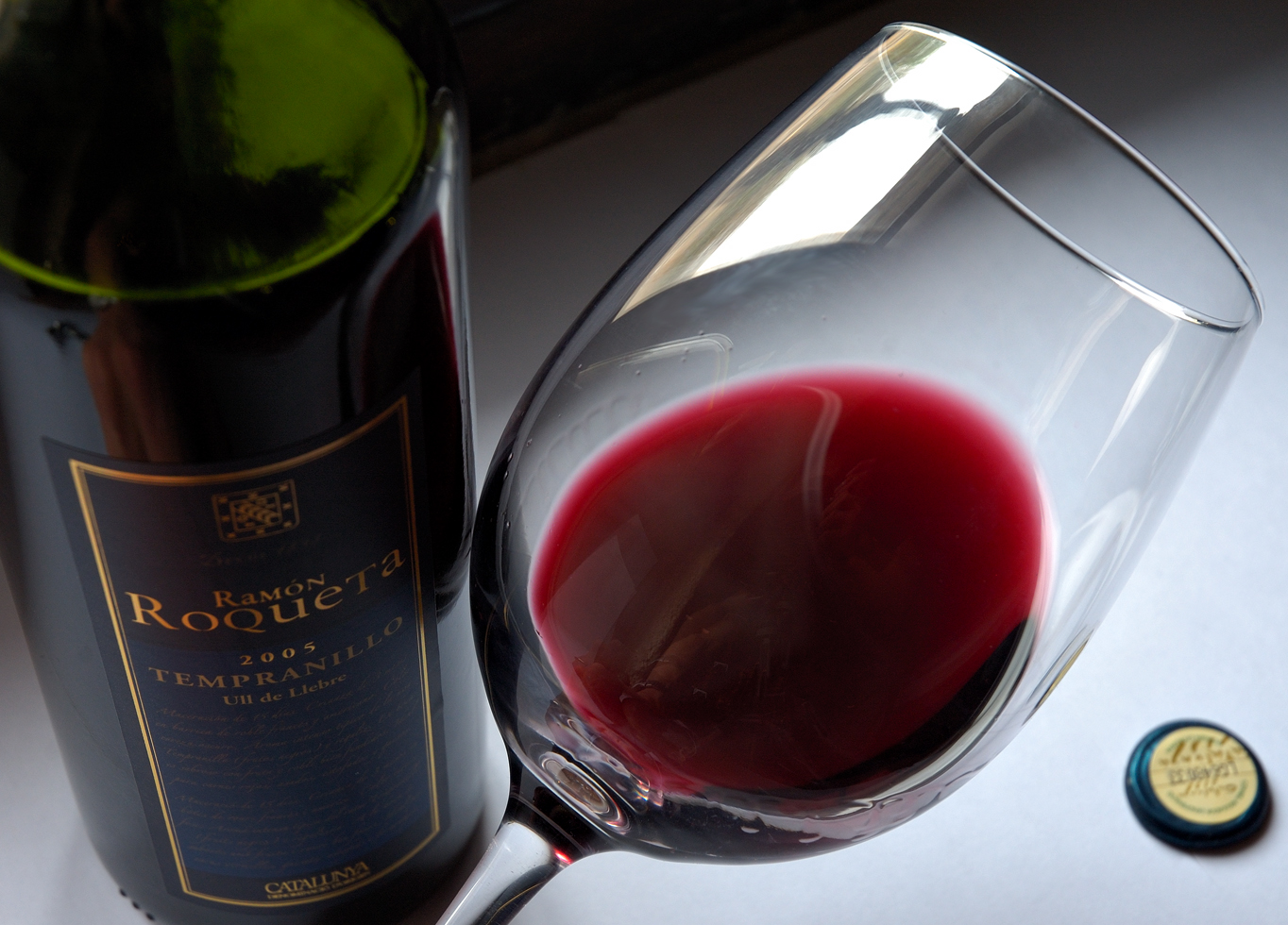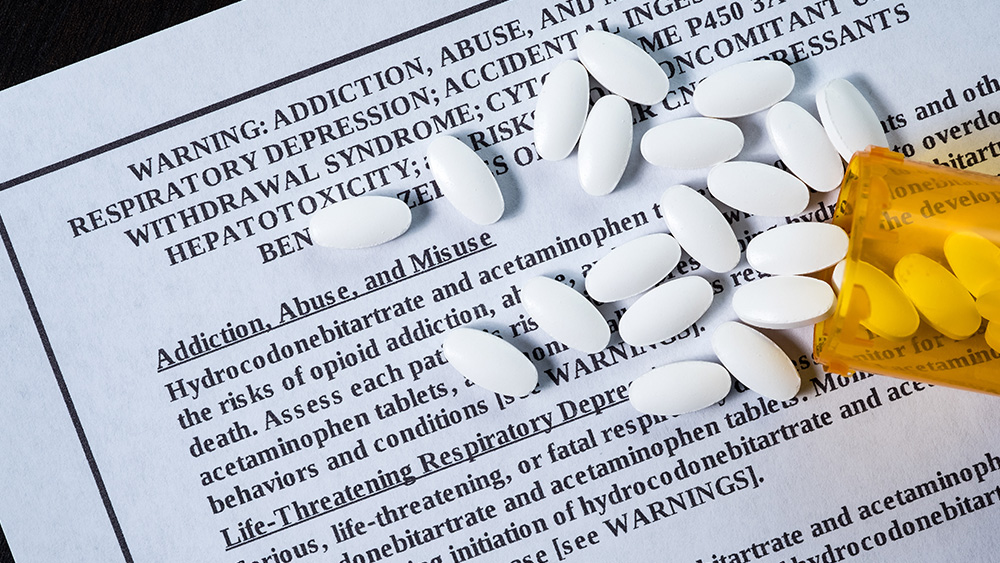Study links intestinal fungus to alcoholic liver disease
04/10/2019 / By Tim Wesley

You might want to think twice before gulping down another bottle of beer because a new study has found that heavy alcohol drinking can hike the levels of intestinal fungi and worsen alcoholic liver disease. Findings of a study published in the Journal of Clinical Investigation linked intestinal fungi to an increased risk of death for patients with alcohol-related liver disease. The results also suggested that there’s another culprit in liver damage aside from alcohol: fungi that commonly live in your gut. The study showed that antifungal treatment can significantly worsen the detrimental effects on the liver.
“Not only is this the first study to associate fungi and liver disease, we might be able to slow the progression of alcoholic liver disease by manipulating the balance of fungal species living in a patient’s intestine,” said senior author Bernd Schnabl, MD, Associate Professor of Gastroenterology at UC San Diego School of Medicine.
Liver cirrhosis is the 12th leading cause of death due to disease in the U.S. One of the causes of cirrhosis is chronic alcohol abuse. According to the National Institute of Diabetes and Digestive and Kidney Diseases, drinking more than three alcoholic drinks (like beer and wine) a day for years can increase the risk of cirrhosis in men while drinking more than two alcoholic drinks every day for many years puts women at risk for the disease. Going beyond these over the course of 10 years can lead to cirrhosis.
To conduct the study, researchers gave mice alcohol every day for eight weeks and observed an overgrowth of certain fungi types in the intestines. However, researchers were able to protect the mice from alcohol-induced liver disease by treating them orally with an antifungal compound called amphotericin B. Oral amphotericin B isn’t absorbed in the bloodstream, which means it only acts inside the intestine and doesn’t cause systemic side effects. Mice with alcohol-related liver disease who received the antifungal compound showed lower levels of fat accumulation and liver damage. Plasma levels of the liver enzyme called alanine aminotransferase were reduced by about 55 percent while liver triglycerides levels went down by approximately 21 percent.
“This work demonstrates that alcoholic liver disease is exacerbated not only by bacteria, but also by fungi. Therefore, therapeutic strategies that target both need to be translated into clinical practice,” said co-author Derrick Fouts, PhD, Professor of Genomic Medicine at J. Craig Venter Institute (JCVI).
What all these mean is that drinking alcohol can trigger intestinal fungi and potentially lead to liver damage. Fungi produce a sugar called beta-glucan which travels to the surrounding organs, like the liver, and trigger an inflammatory response that kills the cells. This leads to alcoholic liver disease. Excessive drinking can spike gut fungi and beta-glucan and contributes to further liver damage.
Another experiment found that people who are dependent on alcohol have a significant overgrowth of a certain type of fungus called candida. This was concluded after researchers collected and observed the stool of eight healthy people and 20 alcohol abusers and have various stages of liver disease. Researchers also analyzed blood samples from a different group of patients with alcoholic liver disease and found that those who have high levels of antibodies that recognize fungus were more likely to die in the next five years. Of the 27 patients, 14 were found to have high fungi levels while 13 were classified as low. Thirty-seven percent of the high-fungi group died after five years while 77 percent of the low-fungi group survived.
Fungi naturally thrive in the intestines, so there’s nothing we can do about that. However, we can always limit our alcohol intake if we want to save our liver and prevent diseases. Take care of your body by drinking moderately.
Sources include:
Tagged Under: alcholic liver disease, Alcohol, intestinal fungi, liver cirrhosis, liver damage, prevention



















